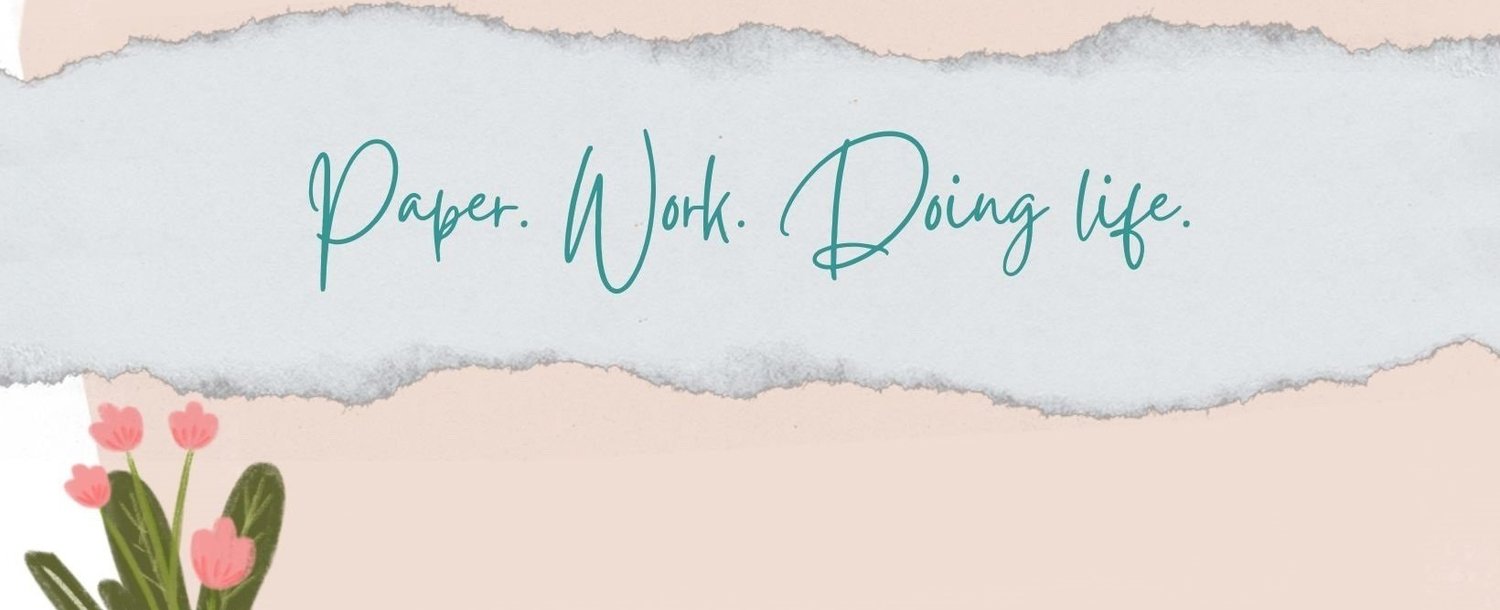Challenger Deep - Neal Shusterman
Shusterman, Neal. Challenger Deep. New York: Harper Teen, 2015.
Just wow.
I have loved many books of all kinds penned by Neal Shusterman. Challenger Deep takes me to an altogether different level of admiration. He writes in his author notes, "Our hope is that Challenger Deep will comfort those who have been there, letting them know that they are not alone. We also hope that it will help others to empathize, and to understand what it's like to sail the dark, unpredictable waters of mental illness." He uses "our" to include his son whose art work, completed while battling his own mental illness, populates the book, further bringing to life Caden.
I find that I cannot neatly summarize Caden's story, a first person account of his descent into mental illness, his treatment, and his battle back to clarity. Shusterman worked with his son in his effort to create this genuine experience. Cadon relates how his struggles impact him by comparing himself to a child who struggled with head banging in elementary school, " I had wanted to go over and play with him, but I was scared. I don't know of what. Maybe that his head-banging was contagious. Or his friendlessness, I wish I knew where he was today, so I could tell him I understand how it was. And how easy it is to suddenly find yourself alone on the playground." As he battles the loss of his friends, the paranoia that assaults hike, the voices he hears, he also exists in a parallel life, journeying on to sea. Battling the captain and the parrot who vie for his loyalty.
As his illness progresses his descriptions become more haunting. He describes the darkness that characterizes his thoughts, "What do I see when I close my eyes? Sometimes there is a darkness there that goes beyond anything I can describe. Sometimes it is glorious, and sometimes it is terrifying, and I rarely know what it's going to be." He notes the helplessness he feels in moments of clarity, "We always look for the signs we missed when something goes wrong...I suppose it's better to believe in our own stupidity than it is to believe that all the clues in the world wouldn't have changed a thing."
Shusterman does not shy away from the difficulties of treatment. The description of his parents taking him to the psychiatric hospital are heart wrenching. Caden deals with different types of medical health professionals who approach treatment differently. He describes the impact of the drugs he must take,"Consciousness is a relative concept when you're pumped full of psychoactive meds. It's not an either/or proposition, it's as if the interface between being asleep and being awake has gone supernova, exploding and swallowing everything around it with cosmic shrapnel." He makes and loses friends, to suicide and to a healthy release from the hospital. Similarly, Shusterman doesn't shy away from the controversies surrounding the perception of mental illness. Caden notes, "Dead kids are out on pedestals, but mentally ill kids get hidden under the rug." Further as considers the history of mental illness he says, "The history of the treatment of mental illness it's progression living in the twenty-first century gives a person a much better prognosis for treatment, but sometimes I wish I'd lives in an age before technology. I would much rather everyone think I was a prophet than some poor sick kid." Shusterman notes the mental illness that plagued artists like Van Gogh. He discusses Shakespeare's obsession with mental illness in his dramas. He offers examples of the successful, offering the kind of hope that he mentions in his author note.
Both of Caden's parallel stories end on a positive note, furthering Shusterman's motif of hope. Caden resists the captain and the lure of adventure. But Caden also mourns,"And so now I mourn. I mourn for the songs that will never reach my ears again. For the words and stories that lie on eternally unopened pages. And I mourn my fifteenth year. And how I will never, from now until the end of time, be able to complete it the ways it should have been." One of the most painful parts of this job that I love is the hurt I feel for my hurting kids. I am in love with the painful honesty of this book. Kids will relate to Caden’s struggle, if not his exact fight. Shusterman and his son’s willingness to be so open will certainly resonate with these students. I am a firm believer in the power of books to heal.
I always look forward to summer, but in this instance, I wish I had a bit more time to talk about this book. The interest in the work of Neal Shusterman is high, and I regret the long summer where this novel will be waiting. A psychology teacher in our school has already expressed an interest in this title and may purchase it for her students.
